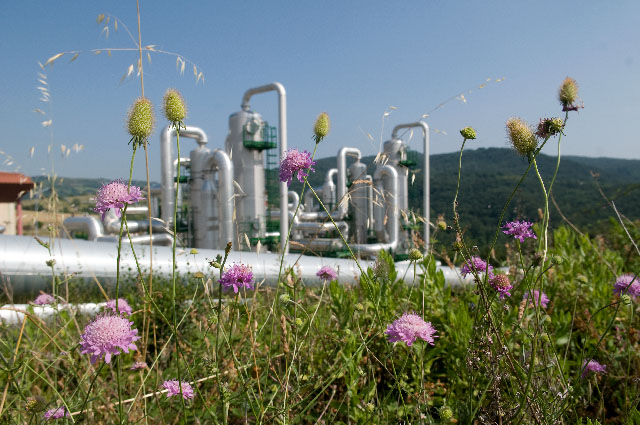Brussels ensures 28 billion to support the commercialization of new clean energy technologies
 In Pittsburgh (USA) was just held the first ever Global Clean Energy Action Forum, in which 34 Nations and around 400 CEOs participated in the event to accelerate new technology commercialization and unleash the global transition to net-zero emissions.
In Pittsburgh (USA) was just held the first ever Global Clean Energy Action Forum, in which 34 Nations and around 400 CEOs participated in the event to accelerate new technology commercialization and unleash the global transition to net-zero emissions.
As a report from the International Energy Agency (IEA) highlighted that in order to meet global climate goals $90 billion (Clean Energy Technologies Demonstration Challenge) of public funding are needed for commercial-scale clean energy demonstration projects in the next four years, US president Joe Biden invited the nations to share their contribution towards these goals in Pittsburgh.
During the three days conference many announcements were made to show the countries’ support to reach the target of the Clean Energy Technologies Demonstration Challenge, which should leverage additional private investment, for large-scale demonstration projects to be completed this decade.
"I am pleased to support the Clean Energy Technologies Demonstration Challenge. Research and innovation will drive the transition to clean energy, which is needed more than ever”, said EU Commission president, Ursula von der Leyen.
Through the EU programmes Horizon Europe, the Innovation Fund and InvestEU the Commission will contribute to advance innovation and deployment of clean energy technologies, especially in sectors that are difficult to reduce with more than €28 billion by 2027.
One example of clean energy technology, funded with the Innovation Fund's first call for large-scale projects, is the first clean hydrogen steel plant coordinated by the Hybrit project, which will replace coal-fired blast furnaces with hydrogen-based direct reduction technology.
The acceleration of the commercialisation of new technologies, should enable Europe, but not only, to break its dependence on volatile and non-attenuated fossil fuels and work towards an inclusive and equitable transition to clean energy, in a moment when Russia’s invasion of Ukraine resulted in a global energy crisis and revealed the vulnerabilities of countries’ energy market.
Together with the European Commission, other 15 countries (Australia, Canada, Finland, France, Germany, Japan, the Netherlands, Norway, Poland, the Republic of Korea, Singapore, Sweden, United Arab Emirates and the United Kingdom) contributed to the challenge by mobilizing a total of $94 billion for Clean Energy Technology Demonstrations this decade to bring to market the technologies required to achieve net zero emissions by 2050.
On top of this Australia, Canada, Germany, Israel, New Zealand, and Norway joined the declaration of the initiative launched by the US under the CEM’s Electric Vehicle according to which signatory governments committed to 100% zero-emission light-duty vehicle acquisitions of their government owned and operated fleet, and announced aspirations towards 100% zero-emission medium and heavy-duty vehicle acquisitions by no later than 2035.